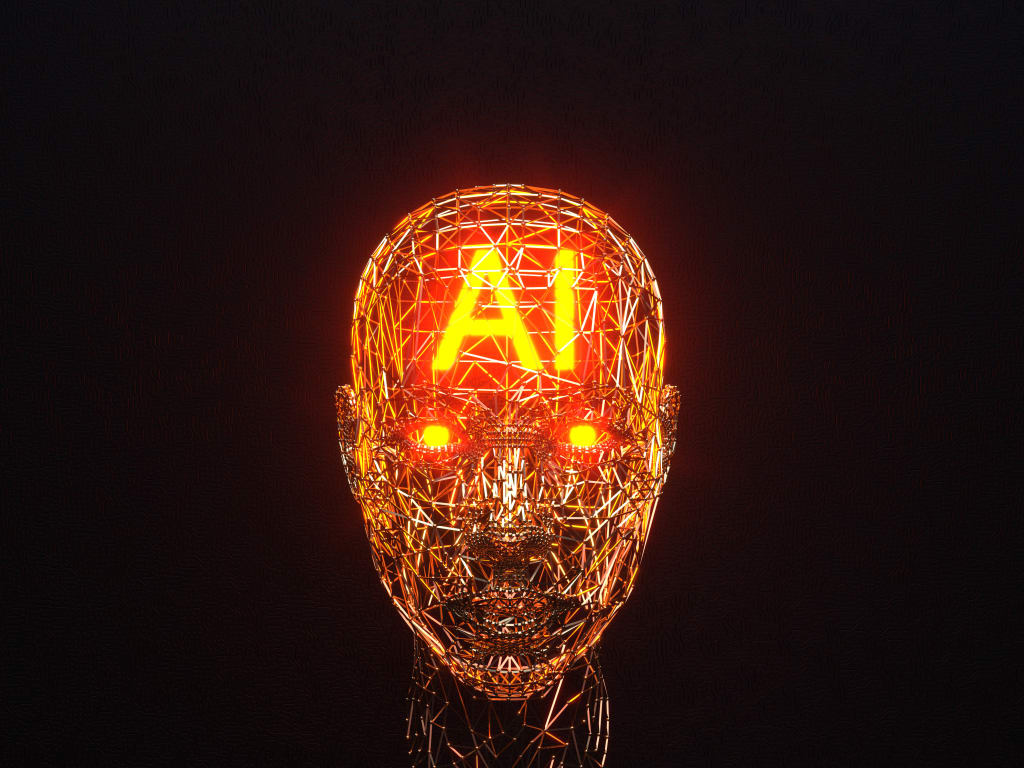Is AI a job killer or a creator? Understanding the impact on employment
The impact of artificial intelligence on the job market

Artificial intelligence (AI) is rapidly transforming the way we live and work, and it's having a significant impact on the job market. As machines and algorithms become more advanced, they're taking over tasks that were once performed by human workers, leading to concerns about job loss and economic inequality. At the same time, AI is also creating new job opportunities and driving economic growth. In this blog post, we'll explore the impact of AI on the job market, looking at both the potential downsides and the ways in which technology is creating new opportunities for workers.
One of the biggest concerns about AI and the job market is the potential for widespread job loss. As machines and algorithms become more advanced, they're able to perform tasks that were once the exclusive domain of human workers. This includes everything from data entry and customer service to driving trucks and flying planes. According to a report by the McKinsey Global Institute, as many as 800 million jobs could be displaced by automation by 2030, with the majority of those losses occurring in the manufacturing, retail, and transportation sectors.
This job loss could have a significant impact on the economy, leading to rising inequality and social unrest. Those who lose their jobs to automation may struggle to find new employment, particularly if they lack the skills and education needed to compete in the new economy. This could lead to a widening gap between the rich and poor, as well as increased pressure on social welfare programs.
However, it's important to note that not all jobs are equally at risk of being replaced by AI. Some jobs are more susceptible to automation than others, depending on the specific tasks involved. For example, jobs that involve repetitive, manual tasks are more likely to be automated than jobs that require creativity, critical thinking, and emotional intelligence. This means that jobs in fields like healthcare, education, and social work are less likely to be impacted by automation than jobs in manufacturing or retail.
Another key factor to consider is that AI is also creating new job opportunities. As machines and algorithms take over routine tasks, human workers are freed up to focus on more complex and higher-value tasks. This includes everything from data analysis and problem-solving to research and development. According to the McKinsey report, as many as 375 million workers may need to switch occupational categories by 2030, but the total number of jobs could increase by around 50 million.
Additionally, the increased use of AI is leading to the creation of new industries and business models. As machines and algorithms become more advanced, they're able to perform tasks that were once thought to be impossible, such as recognizing patterns in large datasets and making predictions about future events. This is leading to the development of new products and services, as well as new ways of working and organizing.
For instance, the field of AI is a rapidly growing sector and offers job opportunities for data scientists, machine learning engineers, AI developers, and many more. Additionally, industries such as healthcare, finance, and manufacturing are heavily investing in AI to improve efficiency, accuracy, and decision-making capabilities, which is leading to the creation of new job opportunities in these fields.
Moreover, as AI-powered technologies become more prevalent, the demand for workers with AI-related skills is also increasing. According to a report from the World Economic Forum, the number of jobs requiring AI skills is expected to increase by more than 50% by 2022. This includes everything from data scientists and machine learning engineers to AI product managers and AI-savvy business executives.
However, it's important to note that the job market is rapidly changing, and many workers may find themselves struggling to adapt. Those who are unable to acquire the skills and education needed to compete in the new economy may find themselves left behind, leading to further widening the skills gap and economic inequality. To address this, it's crucial for governments, businesses, and educational institutions to invest in programs that help workers acquire the skills and education needed to succeed in the new economy. This includes everything from providing retraining and education programs for displaced workers to encouraging the development of AI-related curriculum in schools and universities.
Additionally, it's important to ensure that the benefits of AI are shared widely across society. One way to do this is through policies that promote the development and deployment of AI-powered technologies in a way that benefits all members of society, rather than just a select few. This could include things like investing in AI research and development, encouraging the growth of small and medium-sized businesses, and providing tax incentives for companies that invest in AI-related technologies.
In conclusion, AI is having a significant impact on the job market, and it's likely that this trend will continue in the future. While there are certainly concerns about job loss and economic inequality, it's important to remember that AI is also creating new job opportunities and driving economic growth. To ensure that the benefits of AI are shared widely across society, it's crucial for governments, businesses, and educational institutions to invest in programs that help workers acquire the skills and education needed to succeed in the new economy. This includes everything from providing retraining and education programs for displaced workers to encouraging the development of AI-related curriculum in schools and universities.
About the Creator
Adria_X_Rae
"Dreamer with a vivid imagination, expressing inner world through literature, music & visual arts. Emotionally intuitive, exploring mental landscapes through creative pursuits."






Comments
There are no comments for this story
Be the first to respond and start the conversation.